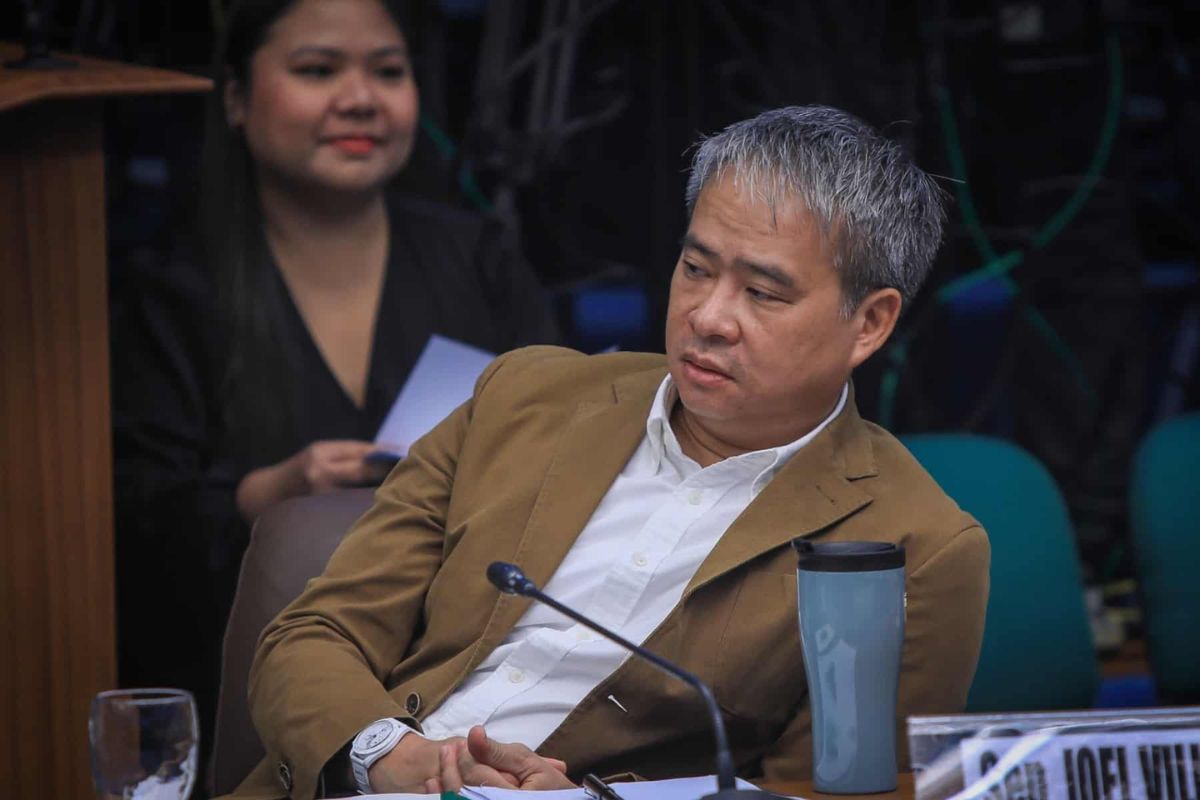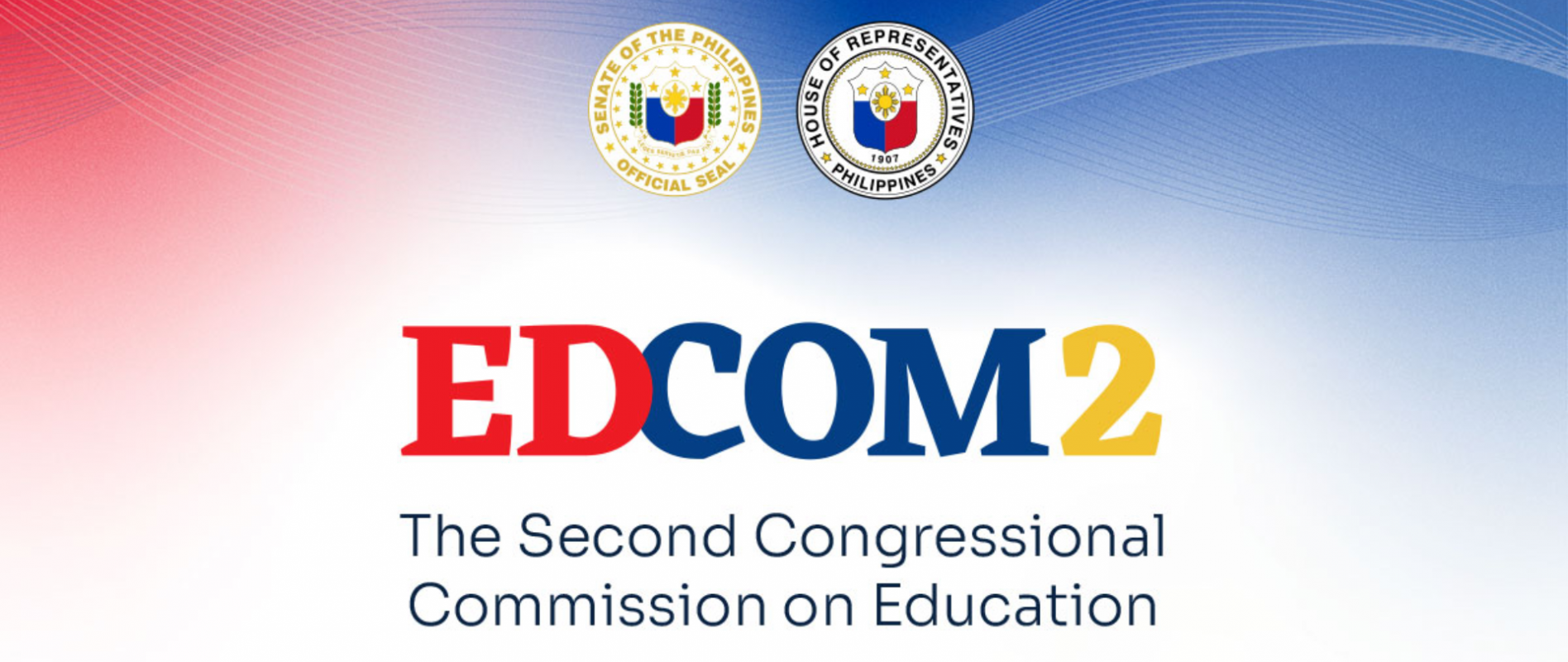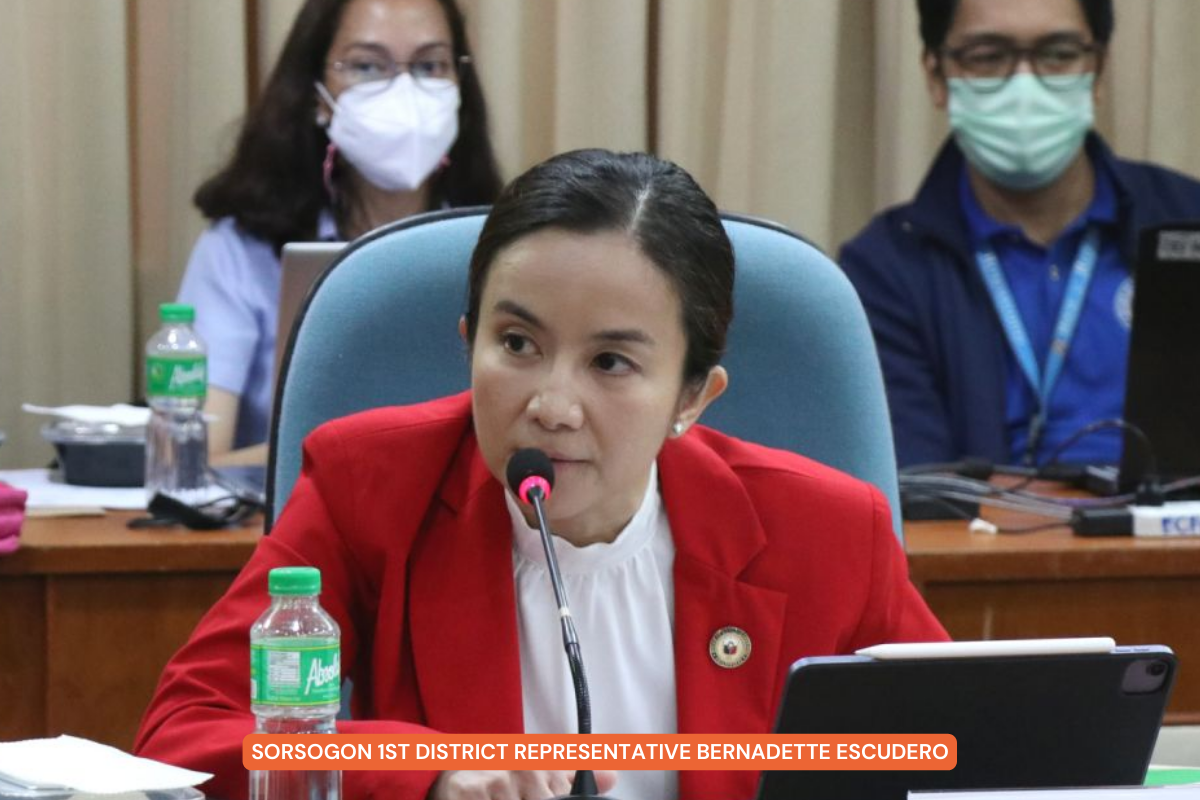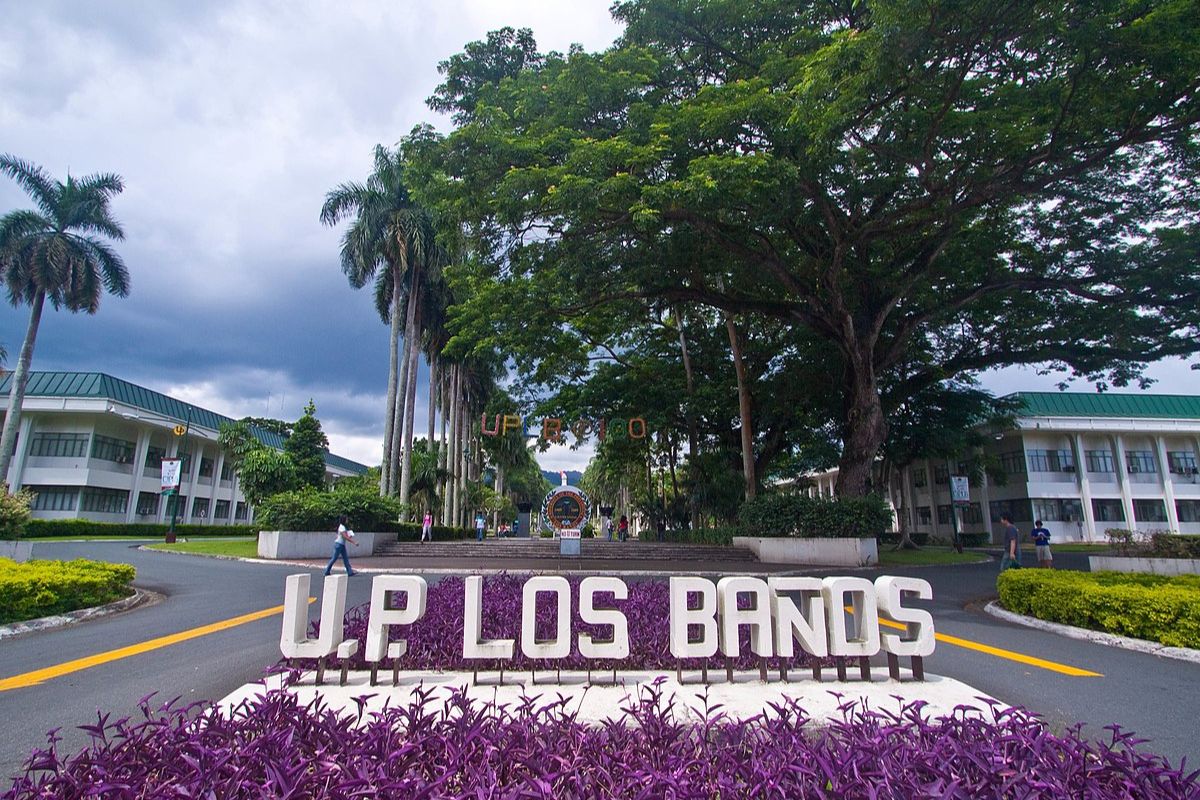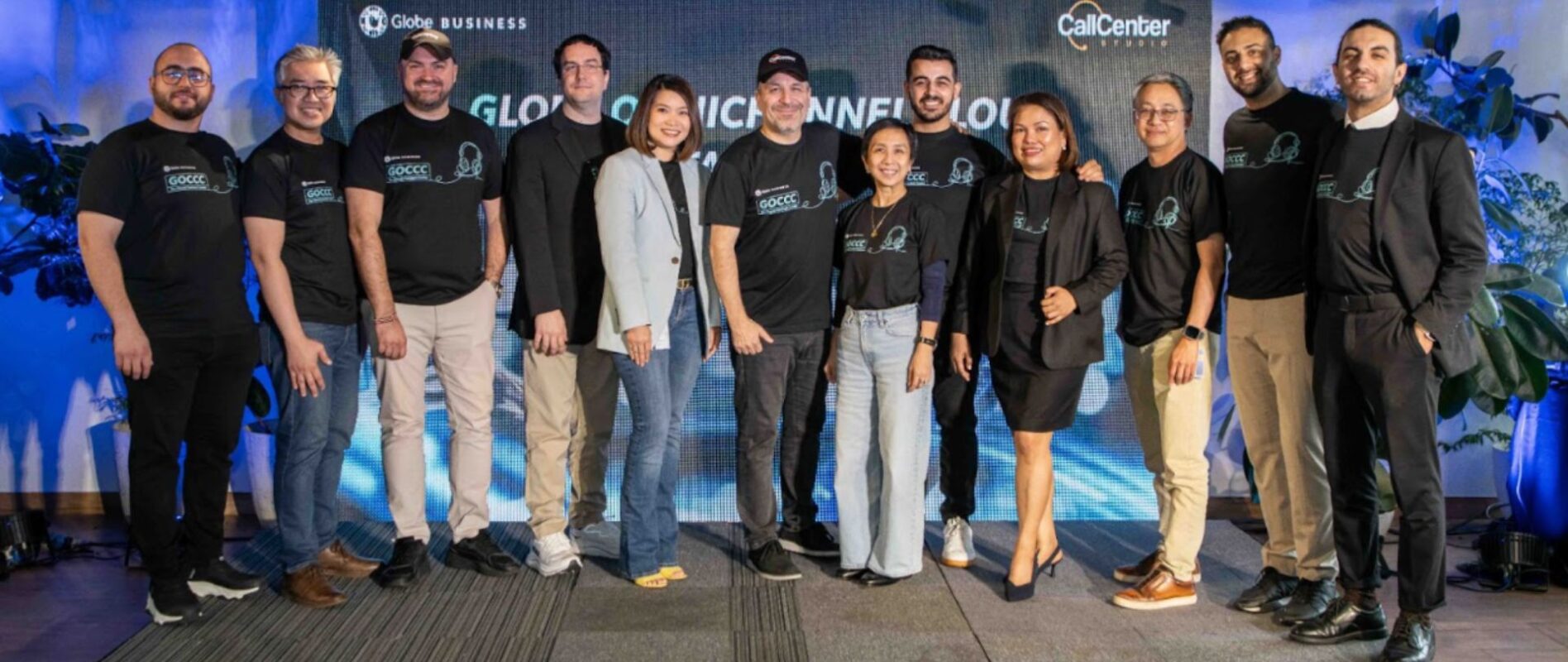‘TRABAHO PARA SA BAYAN’ PLAN MUST BE AI-READY — VILLANUEVA
SENATOR Joel Villanueva has urged the National Economic and Development Authority and other relevant agencies to prepare an Artificial Intelligence (AI)-ready national employment master plan.
Villanueva’s call comes after a recent World Bank report highlighted a decline in the share of high-skilled workers in the services sector—from 20% to just 6%—due to the growing adoption of Generative AI (GenAI).
The World Bank report noted that sectors like finance and insurance are among the most vulnerable to AI disruptions, followed by management, enterprise operations, and information-based businesses.
“Our employment plan needs to be AI-ready in all aspects because the jobs and livelihoods of our kababayans are at stake,” Villanueva said.
As Senior Vice Chairperson of the Senate Committee on Finance, Villanueva has pushed for amendments to the proposed 2025 General Appropriations Bill, calling for funding to support the development of the Trabaho Para sa Bayan (TPB) plan and the creation of micro-credentials to upskill Filipinos.
The senator emphasized the importance of establishing a dedicated technical working group within TPB’s Inter-Agency Council to develop dynamic policies or programs for a globally competitive Philippine workforce in the AI-driven, technologically advanced world of work.
“The Trabaho Para sa Bayan Act is the platform we created to rationalize investment incentives for job generation. Government agencies involved must come up with proactive strategies to ensure Filipino workers aren’t left behind in the evolving labor market,” Villanueva said.
Villanueva is advocating for the creation of assessment tools for micro-credentials and stackable qualifications, particularly in AI and other emerging technologies.
“We’ve long been vocal about the need to equip our labor force with the right skills. AI is here to stay, and while some jobs may be displaced, new ones will be created that require new skill sets,” Villanueva, principal author and sponsor of Republic Act No. 11230 (Tulong Trabaho Act), said.
Emerging as a key innovation in higher and continuing education, micro-credentials are short, competency-based certifications that enable individuals to demonstrate mastery in specific areas.
“AI presents new economic opportunities and may revolutionize work as we know it. To prevent job displacements, we must empower the Filipino workforce with the skills for the future,” Villanueva concluded.

